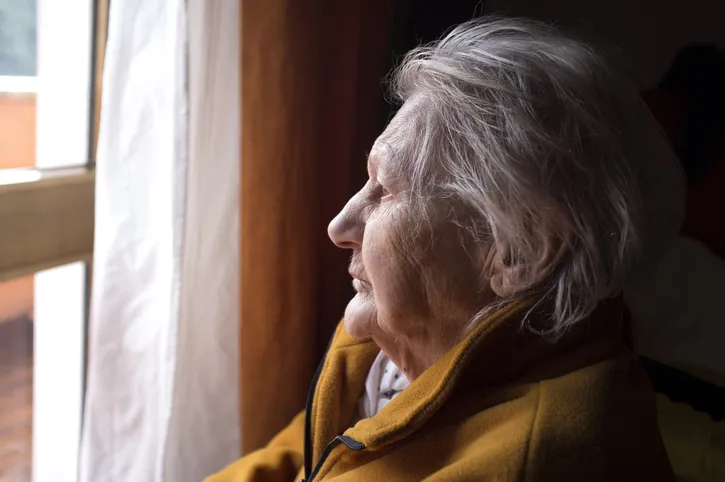It's summertime and with the sun out longer, it's a good time to start rethinking your approach to skin health and staying safe from ultraviolet rays. In fact, UV safety should be a year-round concern. Most people are aware that direct exposure to sunlight can be dangerous, but the question is how dangerous? According to the Skin Cancer Foundation, approximately 40-50% of Americans who live to age 65 will have skin cancer at least once in their life. It has also been reported that more than half of skin cancer-related deaths occur in persons more than 65 years old. Seniors are the most at-risk demographic. This is because seniors have been exposed to more cumulative UV rays over the course of their lives than younger demographics. Research shows that the longer someone lives, the greater their chance of developing skin cancer. And since skin cancer misdiagnosis can cause almost as much harm as cancer itself, it's best to just avoid both by keeping your skin safe.After all, sunshine does naturally provide your skin with Vitamin D, which is essential to your health and prevent some health issues. A Place for Mom lists 5 Reasons Seniors Need Vitamin D by stating: "Seniors who get the recommended amount of vitamin D each day are more likely to:
- Prevent falls and fractures.
- Lower risks for osteoporosis and other bone disorders.
- Maintain their physical mobility and independence.
- Decrease risks for cardiovascular problems, diabetes and some cancers.
- Lower chances of early nursing home admission."
Healthline also notes that Vitamin D deficiency is linked to a greater chance of depression. (Did you know that Light Therapy can induce Vitamin D indoors?)ConsumerSaftey.org has collected three UV safety tips for seniors that are simple to follow. This way, you can have fun in the sun knowing you're protecting yourself!
1. See The Dermatologist Annually
Most people tend to think that seeing the dermatologist is something you do when you already have a skin problem. But it should be a proactive consideration rather than a reactive consideration. If you see your dermatologist annually, they can do a full skin check to look at moles on your body and catch any signs of skin cancer early. Even if you do a regular self-check before or after the shower (which is a good idea), it won't be as thorough as having a medically trained professional perform the check.
2. Apply Sunscreen Liberally and Often
If you apply sunscreen before going to the beach and think you're safe for the day, you're wrong and putting your health at risk. The CDC recommends applying sunscreen often throughout the day at your discretion. If it's been two hours at the most, it's probably a good idea to re-apply. There's no formula for it because different people have different needs. If you are extremely pale and prone to sunburn, reapplying every hour is a better idea.The AARP recommends people to use a minimum of SPF 30, because they "block 97% of the sun's UVB rays.When purchasing sunscreen, look for "broad spectrum", which protects you from both UVA and UVB rays. UVA rays cause premature skin aging (sun spots, dehydration, wrinkles etc) and UVB rays cause sunburn and 'both types of UV rays can lead to skin cancer'(AARP). Both chemical and physical sunscreens do a great job of providing UVA and UVB protection.

3. Cover Yourself As Much As Possible
Physical barriers like clothing block UV rays can be another option for sun protection, so you only need to apply sunscreen on exposed areas of the skin. When it comes to summer apparel, the AARP notes that:
- Vivid colors offer more protection than pale ones
- Synthetic fibres (Lycra, acrylic, nylon) are better than cotton
Moisture-wicking clothing is a great choice for the summer since it prevents the accumulation of sweat. Outdoor clothing stores are a great source for this type of activewear, but big-box stores tend to have a good selection too. This type of clothing is light and comfortable enough to wear to the beach, so it makes a great summer outfit!Take a look at a dermatologist introducing some UV protection tips for all ages with an emphasis on apparel and accessories!
These three simple tips may help you stay safe from UV exposure, but there's no need to be scared of the sun or stay inside. Stay hydrated, enjoy the sun and get some Vitamin D!


























